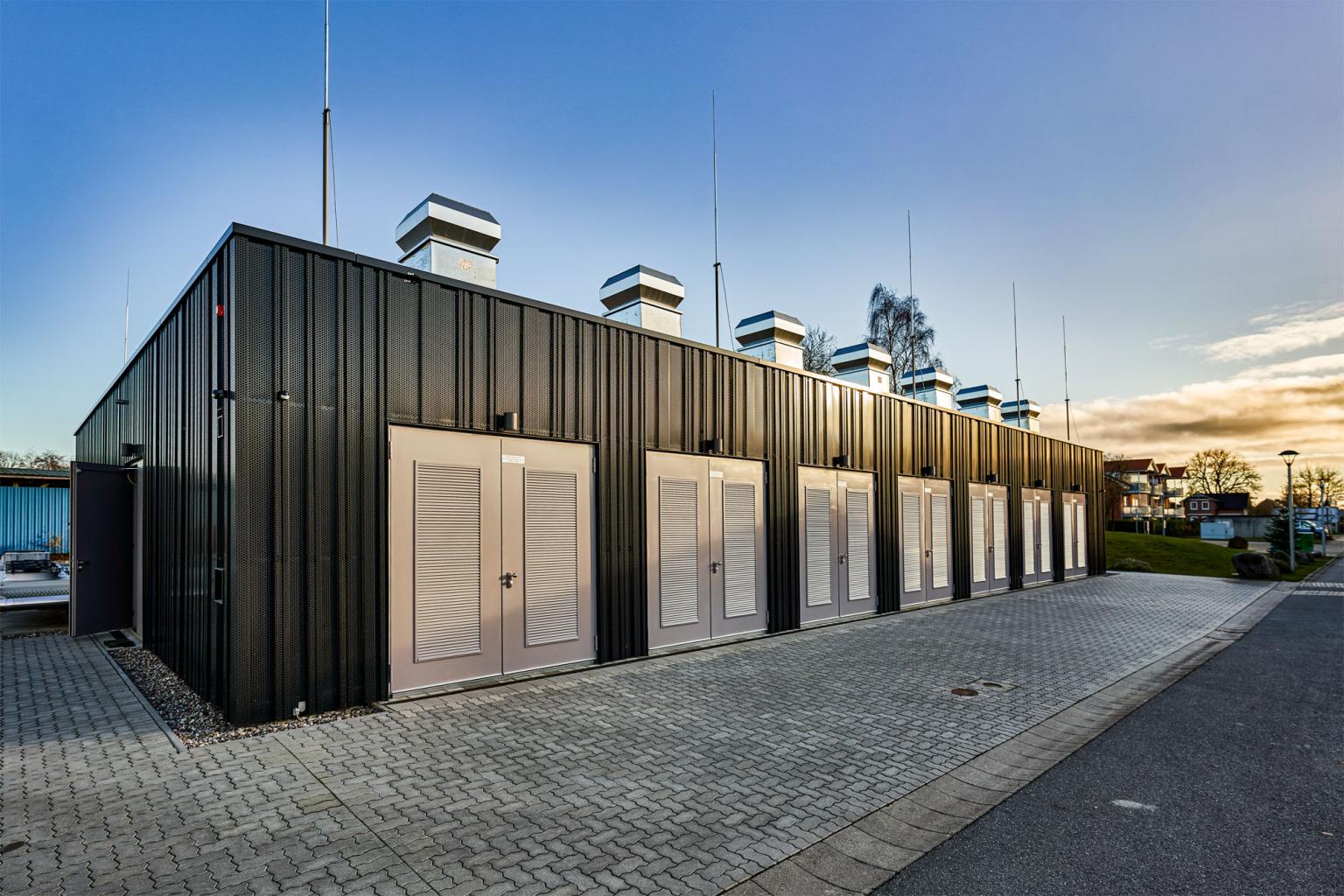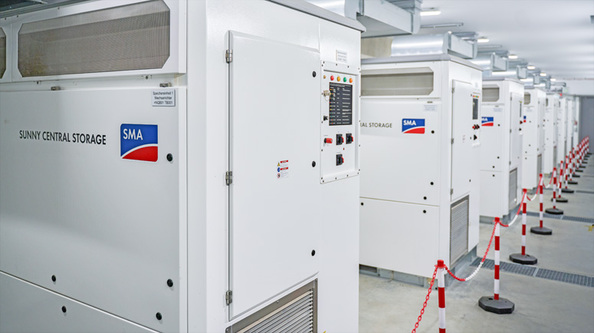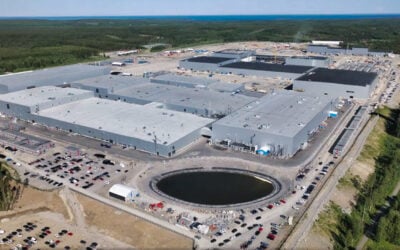
For a brief period a few days ago, Bordesholm in Germany became a showcase for how entire communities could switch over to renewable energy, with the backing of energy storage capacity.
Solar inverter maker SMA’s devices, including its Sunny Central Storage battery inverter and SMA Hybrid Controller XL, were used in a trial whereby the town’s energy supply was disconnected from the grid, proving for a one-hour window that local energy networks could be powered stably and reliably using renewable energy.
The name of the town may ring a few bells of recognition for regular readers of Energy-Storage.news. In January 2018, this site documented RES Group’s win of a competitive tender to build a 10MW energy storage system in the town, in Schleswig-Holstein, northern Germany, from local energy supplier Versorgungsbetriebe Bordesholm (VBB). Supported by the local state and funded through the European Union (EU), VBB and RES officially broke ground on the project in June 2018.
According to a RES Group case study, it has 10MW peak power output and 15MWh storage capacity, utilising lithium nickel manganese cobalt (Li-NMC) batteries. RES carried out EPC duties and remains in charge of maintenance, while the utility owns and operates it. Bordesholm is already 75% renewable, but the small town’s 8,000 inhabitants hope to see it reach 100% during 2020.
Try Premium for just $1
- Full premium access for the first month at only $1
- Converts to an annual rate after 30 days unless cancelled
- Cancel anytime during the trial period
Premium Benefits
- Expert industry analysis and interviews
- Digital access to PV Tech Power journal
- Exclusive event discounts
Or get the full Premium subscription right away
Or continue reading this article for free
The battery system’s ‘full-time job’ is providing frequency containment reserves to the local network operated by grid company TenneT. In helping to stabilise power supply and integrate renewable energy, it also provides much-needed reductions in carbon emissions. However, it was also designed as part of a complete system that can be used as an ‘independent local grid’ using its islanding capability, notably in the case of power outages or other emergencies, and can also fire the local grid back up into operation (black start capability).
The latter has already successfully proven to be possible with energy storage over the past couple of years by various system integrators, notably by Younicos (now Aggreko Microgrid and Storage Solutions), also in Germany, in 2017. National Grid in the UK has said previously that it wants to see energy storage systems provide black start to the grid in the near future, to give a further example.
When Bordesholm was disconnected from the local grid for an hour one weekend at the end of November, the town’s energy came entirely from renewable resources for that time. VBB utility managing director Frank Gunther said the trial was an “impressive demonstration of how it is already possible and economically profitable to systematically expand renewables along with the required storage capacities without endangering supply reliability whatsoever”.
“The disconnection, the island grid operation, and the re-synchronisation with the utility grid went without a hitch. The storage system supplied the town’s entire electricity demand which could thus be supplied exclusively from renewable energies,” SMA system development engineer Paul Robert Stankat said, from the Bordesholm site.






